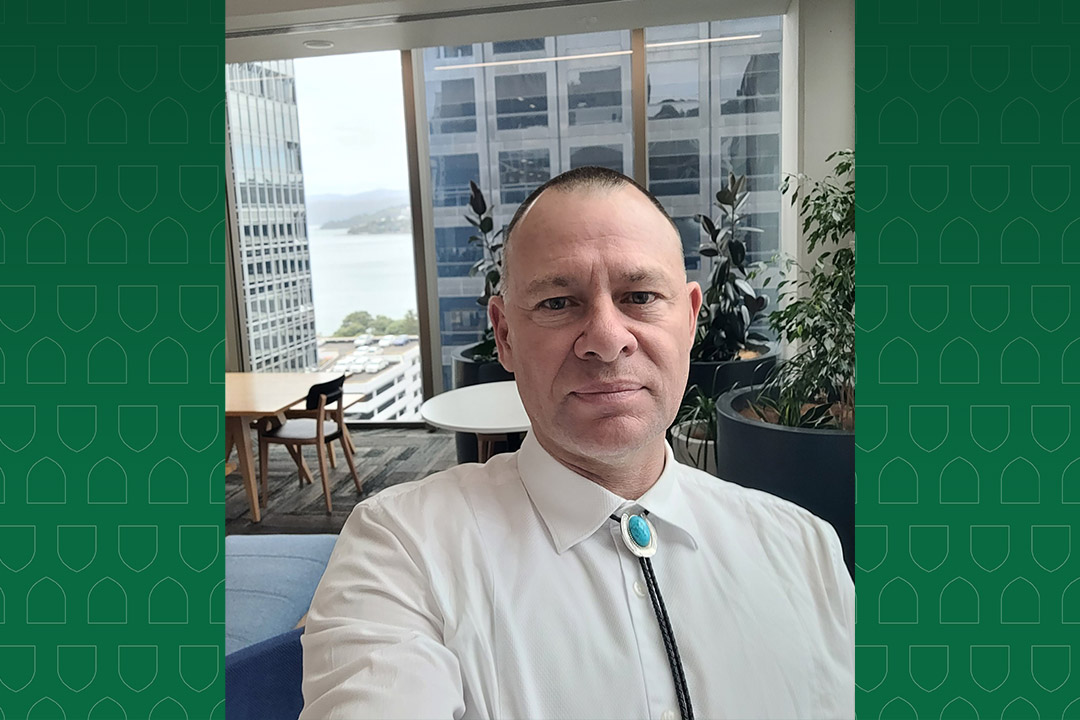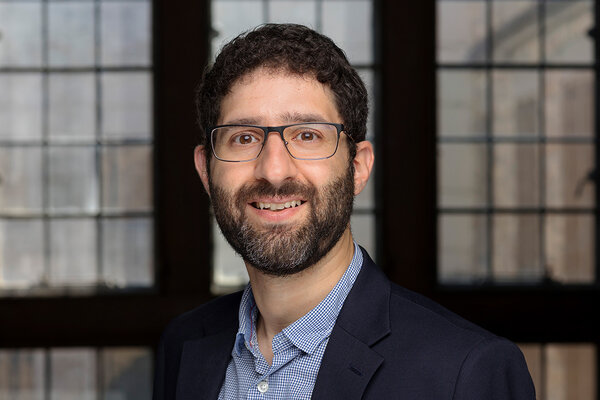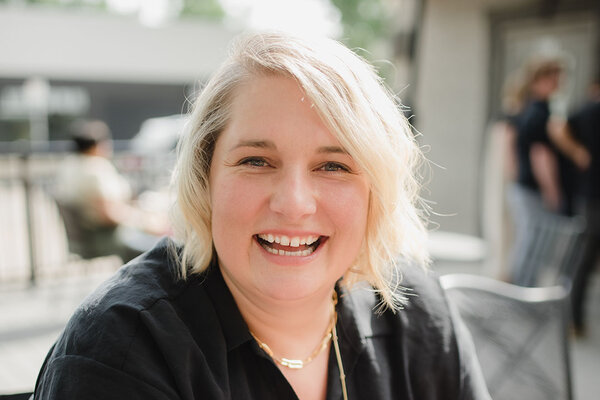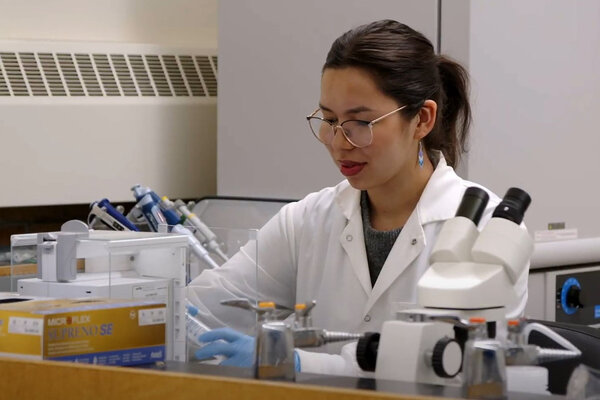
Former USask faculty member becomes one of New Zealand’s chief science advisors
Dr. Simon Lambert (PhD) is the first holder of a newly created position with the Ministry for the Environment
University of Saskatchewan (USask) researcher Dr. Simon Lambert (PhD) has accepted a new national leadership role with the New Zealand government.
Lambert, an associate professor in the College of Arts and Science’s Department of Indigenous Studies since 2017, recently accepted the position of Chief Science Advisor (Māori) for the Ministry for the Environment in New Zealand. He is the first person to hold the newly created role.
“It was hard to leave USask and Saskatoon, and even locals were surprised at how much I loved the city, even in winter!” said Lambert.
In his new job, Lambert provides science leadership and advice on environmental policy issues and ensures that the ministry receives and engages with mātauranga Māori—Māori knowledge. The former USask researcher will contribute to the ministry’s goal of providing “a flourishing environment for every generation” in New Zealand, a country increasingly known by its Māori-language name, Aotearoa.
A Māori researcher from Aotearoa New Zealand, Lambert is a member of the Tūhoe and Ngāti Ruapani tribes. Since the deadly earthquakes in Christchurch, N.Z. in 2011, Lambert has focused his research on disaster risk reduction and emergency management with Indigenous communities, specifically in urban settings. He has also elevated Indigenous voices at the United Nations Global Forum on Disaster Risk Reduction.
During his six years at USask, Lambert became the executive director of the Network Environments for Indigenous Health Research (NEIHR) National Coordinating Centre, a program funded by the Canadian Institutes of Health Research Institute of Indigenous Peoples’ Health (CIHR-IIPH). Working with nine NEIHR centres across Canada, the coordinating centre supports relationships between Indigenous health researchers across the country and internationally.
Speaking at United Nations conferences, contributing to the successful NEIRH proposal with Drs. Caroline Tait (PhD) and Bobby Henry (PhD), and being asked to supervise the Banting Fellowship of “rockstar” Indigenous scholar Dr. Lilia Yumagulova (PhD) were all highlights of Lambert’s time at USask, he said.
Teaching USask students will also be a favourite memory, he added.
“Being the instructor for INDG 107: An Introduction to Indigenous History in Canada—with its 300 students—was something I’m proud of surviving. I was on a very steep learning curve; like they say, if you want to learn, teach.”
Dr. Brooke Milne (PhD), dean of the College of Arts and Science, congratulated Lambert on his new opportunity.
“Dr. Simon Lambert’s contributions to Indigenous-led health research, and as a faculty member at the USask College of Arts and Science, have been invaluable. Students, staff and colleagues who had opportunities to work with and learn from Dr. Lambert, either on campus or at Station 20 West, gained indispensable experience and knowledge,” Milne said.
“The College of Arts and Science wishes Dr. Lambert the best as he continues to share his expertise as Chief Science Advisor (Māori) for New Zealand’s Ministry for the Environment.”
As Lambert settles into his new role, he noted his excitement at the opportunity to return home and influence policy and legislation at a time when Aotearoa New Zealand is moving rapidly to address the challenges of sustainability.
“And a lot of Canadians have visited NZ,” Lambert said. “It’s not the worst place in the world to live and work.”


